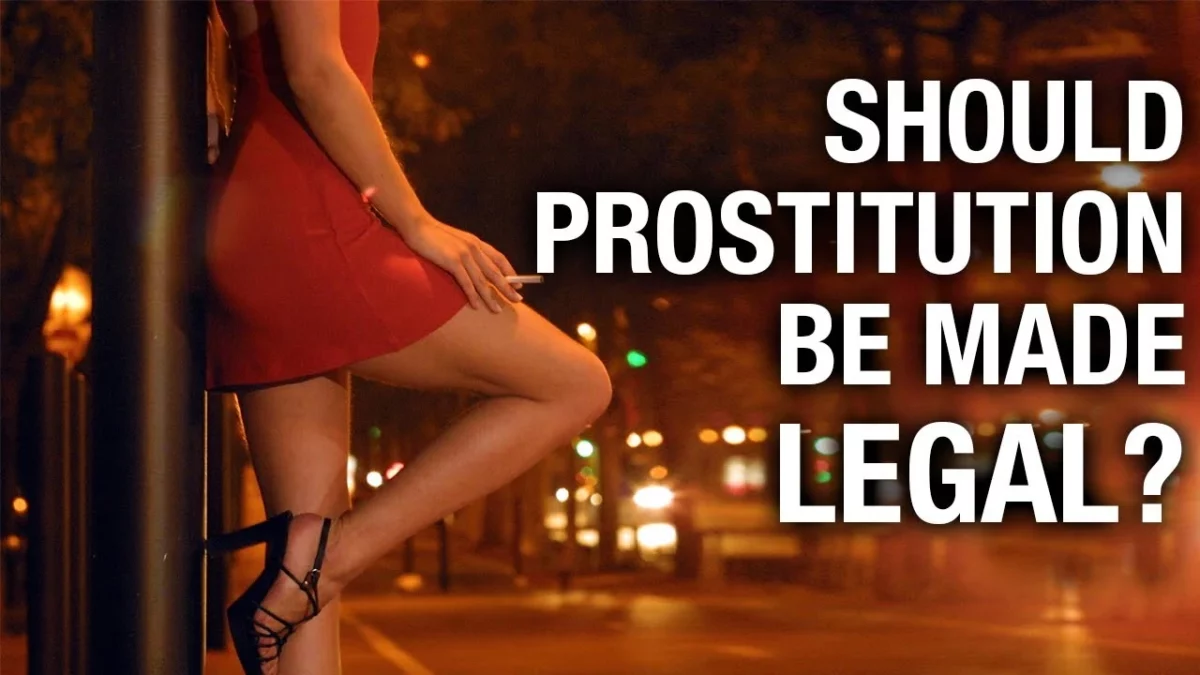Criminalizing prostitution does not necessarily stop it but only makes it a more clandestine affair or worse, dangerous. Chief Justice Martha Koome has proposed a bill that does not decriminalize the practice but lessens the penalty for those found guilty.
It is absurd that Kenyan society has normalized cross-generational relationships and transactional sexual relations but demonizes prostitution. The fact remains that sex workers who solicit clients from the streets are being discriminated against. If anything, in Kenya today, among the biggest ballers are those who exchange sexual services for money.

Read Also:
Criminalizing street prostitution and turning a blind eye to online prostitution is highly hypocritical. It could be that the government feels embarrassed of the low-class women trying to make a living in the same way that most socialites and online sex workers do. If so, instead of bullying these people out of the streets, the government should liaise with sex workers’ organizations and associations to boost their trade.
Prostitution in Kenya is criminalized under 6 sections with a jail term of up to three years or a cash fine of Ksh 10,000 to Ksh 50,000. Over the years, reasons given for criminalizing prostitution have been justifiable, especially on the grounds of ending child exploitation. However, as the law protects children against sexual violence, it has exposed sex workers to vicious experiences.
Two years back, David Gikaria, Nakuru Town East MP, proposed a bill in parliament to amend the Penal Code. Section 182 of the Penal Code categorizes sex workers, beggars, and drunkards as idle and disorderly people who cause a breach of peace. Although it also recognizes sex buyers as offenders, their penalty for soliciting sex workers is ridiculous.
“… shall be deemed idle and disorderly persons, and are guilty of a misdemeanour and are liable for the first offense to imprisonment for one month or to a fine not exceeding one hundred shillings.”
Penal Code, Section 182
Truthfully, prostitution is something that is actively with us in society and it is unfair that women who are practicing it the old-fashioned way are deemed criminals. Legalizing prostitution does not necessarily have to be a bad thing if we look at this from a business and humanity point of view. After all, the men and women practicing it do not do it for free. Additionally, legalizing sex work will create platforms for the destigmatization of the practice.

Most importantly, decriminalizing prostitution will put an end to the violence and inhumanity that sex workers go through in the hands of law enforcers and clients. It will enable the formation of frameworks under which the business should be carried out and regulated. For the longest time now, sex workers have been the object of extortion by the police.
According to a study conducted seven years back, the Kenyan government began a movement to criminalize the supply of free condoms for sex workers. The reason behind this was to discourage the continuity of this “illegal” practice. Aside from that, due to the criminalization of prostitution, it continues to be increasingly hard for sex workers to access medical services.
Additionally, numerous aspects of the sex work industry often go unchecked. For instance, how the police accept sex from sex workers as bribes and how clients have fallen prey to dangerous sex workers. Legitimizing prostitution will go a long way in heightening security for both sex service providers and their clients.
Moreover, the government could also look at the practice from a “tax income generating activity” point of view. After all, a majority of sex workers have made fortunes from the business. Evidently, there is nothing as lucrative as a business in which a client parts with large sums of money after a few hours of satisfaction.
Subscribe to Switch TV
On the bright side, a survey conducted a few years back revealed that 40% of sex workers are in stable relationships or working marriages. Hence, sex workers should stop being blamed and demonized for outcomes that absolutely have nothing to do with them. Promiscuity and adultery are factors in society that are not entirely fueled by prostitution or sex workers.
Although Chief Justice Martha Koome is doing a good thing by lessening the harshness of the law towards prostitution, she should also push for a bill that protects sex workers. Aside from that, more talks around prostitution need to be initiated instead of ignoring the practice and judging it harshly.
















